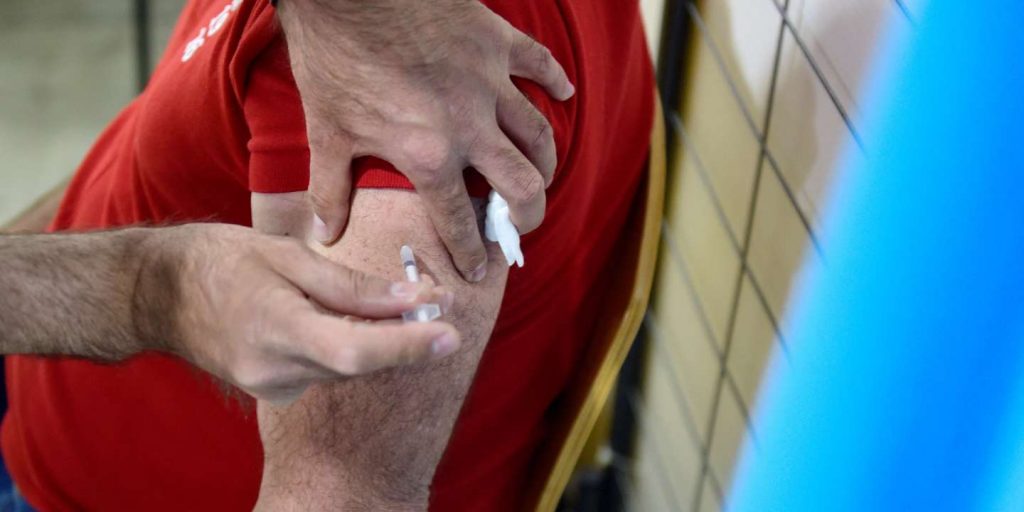
“Healthy volunteers, these hidden heroes of epidemics.”
platform. AIDS, pandemic influenza H1N1, Ebola: We all know these infectious diseases for which there are now treatments and, in some cases, vaccines to treat or prevent them. On the other hand, few people know that proving the harmlessness and effectiveness of these treatments was possible thanks to people who agreed to test new molecules, by accepting the clearly controlled risks of more or less negative effects. As well as limitations of participation in clinical research. Several thousand healthy volunteer research volunteers (VSRs) in France and around the world accept these risks and limitations to allow the development of treatments for many diseases.
Their motivations are of course variable, particularly according to social and economic contexts. Some expose themselves out of pure altruism with a single desire to advance knowledge, and others do so in solidarity with loved ones afflicted with the disease. But for the most vulnerable groups, the motivation will mainly be reward and sometimes access to primary care. France, like the United Kingdom, has included in the regulations governing clinical research the obligation of research promoters to register VSRs in a national file. For France, limits are set on the annual amount they can receive.
The purpose of these provisions is to limit individual and group risks incurred by “professional volunteers”. Other countries that often use a VSR, such as Brazil and India, do not have similar protections in place. However, it is these countries that are helping to test a number of treatments that we will use in France and generally in Europe. Often times, those volunteers who are exposed to the risks associated with these new molecules will not be able to access these treatments.
‘Contagious challenges’
Sometimes these volunteers agree to expose themselves to great risks, such as participating in “infectious challenges”. These practices consist in administering the candidate vaccine (whose efficacy is by definition unknown) then exposing them to a debilitating infectious agent and observing whether they are protected from this infection. In many countries (UK, Belgium, and US) this approach is permitted in the search for vaccines against diseases as diverse as influenza infection, malaria or shigella (the bacteria responsible for violent dysentery). The interest in this approach is evident from the point of view of utilitarian ethics, because it avoids exposing many patients, if a vaccine candidate does not show any benefit, from first studies in healthy volunteers.
You have 59.05% of this article to read. The rest is for subscribers only.

“Organizer. Social media geek. General communicator. Bacon scholar. Proud pop culture trailblazer.”
